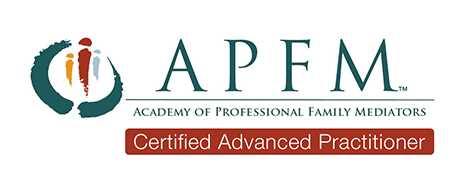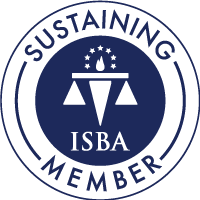Marital mediation–turning hurting marriages to healthy.
“Flowers, chocolates, promises you don’t intend to keep.”
For struggling couples, Cogworth’s words from Beauty and the Beast ring all too true. Marriage seems simply a string of unkept promises. Valentine’s Day brings into sharp focus the pain of dreams lost and promises broken.
There’s hope.
Through marital mediation, couples who long to save their marriage can learn both the mind-set and the skills for keeping promises and building a joyful marriage.
Counseling often helps clients by showing how past dynamics shape present struggles. Alternatively, marital mediation shifts attention to the future. Rather than processing through what hasn’t worked in the past, couples instead create a vision for the marriage they want. Then, they form a plan for getting there.
Step 1: Create a vision
Many couples operate out of subconscious expectations for each other. Without realizing it, they hold their spouse to an ideal they haven’t defined or expressed.
As the mediator helps clients define the marriage they want, a vision unfolds.
- Hidden expectations emerge. Clients begin to see how unspoken expectations either clash or create distance.
- Couples explore the question, “Do we want the same things?” Once they discover the variety of “yeses,” motivation flows to create a marriage to meet their mutual desires.
- Couples intentionally define the life they want.
Step 2: Form a plan
With a definition in place, couples then move to identifying patterns that will bring their vision to fruition.
Frederike Bannink in his book, Solution-Focused Conflict Management, notes that the best means for resolving conflict between people is to have them work on a project together. More than fun activities, more than simply sharing feelings, the connections built through working together toward a common goal bring people together. As couples work together to build a new marriage, they resolve conflict.
The shared vision for the family life also serves as a helpful litmus test for defining the way forward. Whether looking at job choices, behavior habits, or communication patterns; the couple asks, “Does this help our vision or get in the way?” They normalize testing their daily choices against their desired future.
At this stage, couples often hit bumps. They uncover triggers for conflict, distance, and mistrust. Often, partnering with a counselor to explore past experiences helps both understand the source of feelings and why they emerge now. As counselors partner with the mediation process, they help couples see how old patterns harm and they motivate couples to create new patterns.
Step 3: Use coaching to normalize the new
Breaking old habits is hard. No matter how deeply a couple longs for change, daily life easily pulls them back into relationship patterns that don’t work. Marital mediation uses weekly coaching sessions to help clients put new habits into practice. As clients work through real-life situations with the mediator/coach, they learn how to let go of automatic responses from the past and instead intentionally engage in a way that matches their vision.
Marital mediation offers a different option for couples seeking to rebuild their relationship. Coupled with or separate from counseling, couples look forward to living the marriage they dreamed. A marriage that keeps promises.





